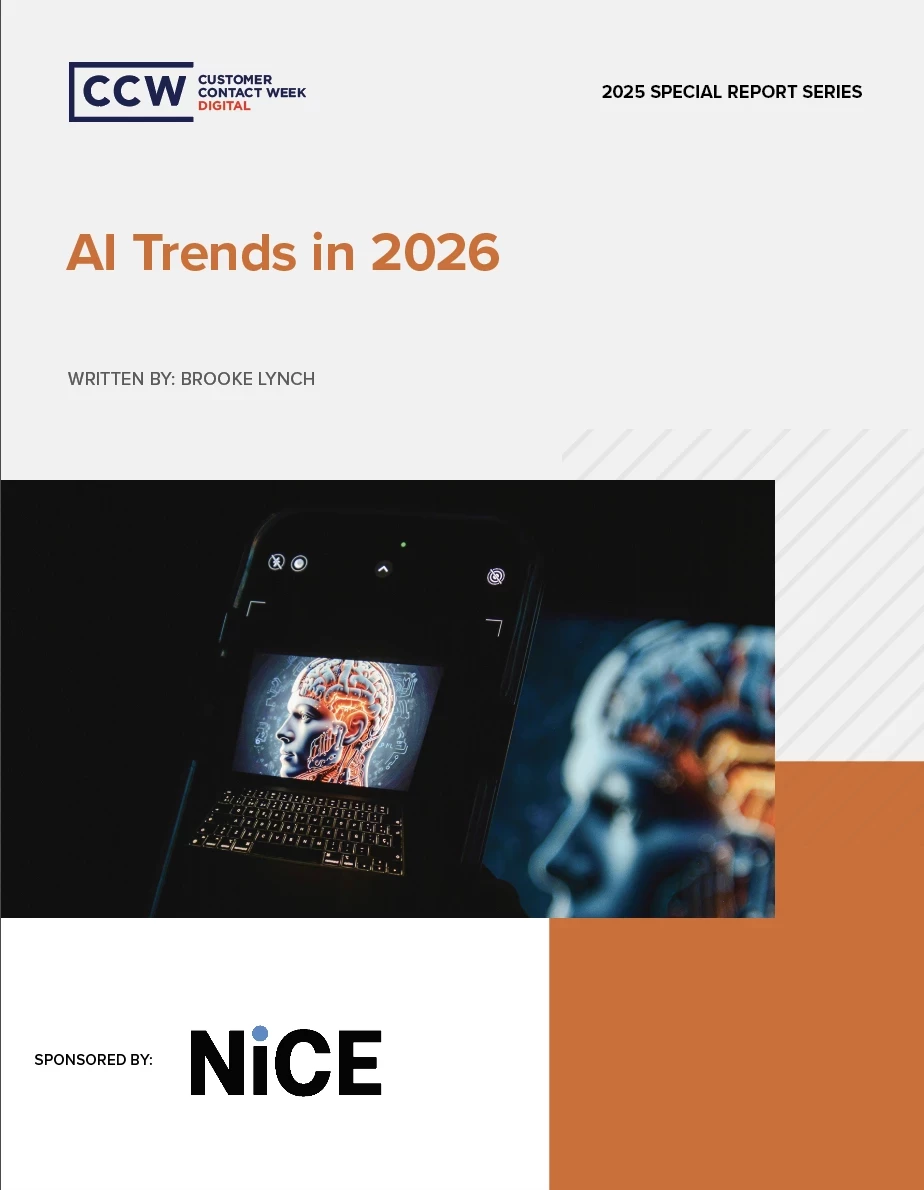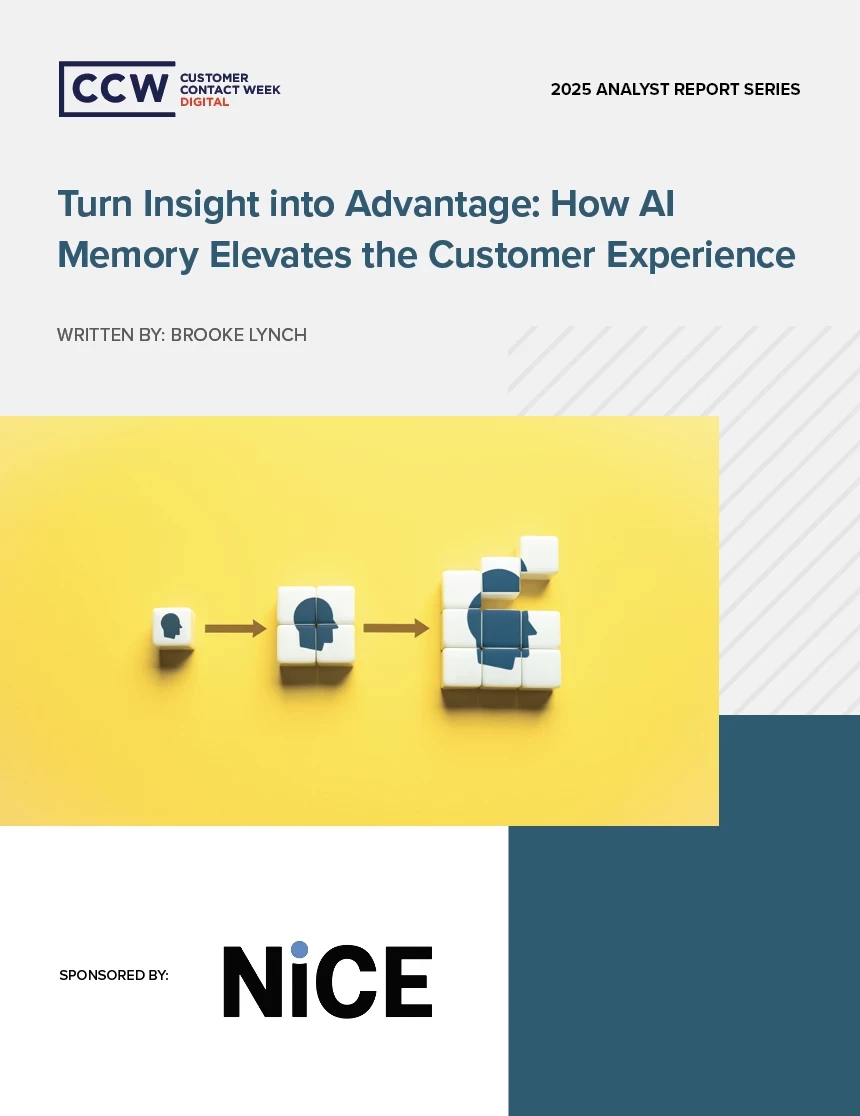To Provide Excellent Customer Service Don't Just Answer Questions, Add Value
Add bookmark
Traditional customer service is historically understood to be a passive/reactive style of support. Customer service teams respond to questions and provide information as they receive it, rarely seeking it outright. However, since the pandemic began, customers expect more from organizations -- they’re no longer getting their needs met through this responsive structure. And at the height of the pandemic, when volume and unpredictability were at their highest, customers celebrated companies that offered a level of proactive and empathetic support.
Reactive service, while still necessary, is no longer exceptional. Customers now expect highly personalized, convenient, and over-the-top experiences, and they’re increasingly holding inefficient and high-effort encounters against brands.
With this in mind, it’s no longer acceptable to only offer customer service as a line of defense. It should be actively adding value to the entire experience, facilitating a level of openness that both encourages customer interaction and allows for a deeper long-term relationship between the customer and brand.
Proactive Support Meets Rising Expectations
Customers have been spoiled by innovation; they use their phones to accomplish just about anything, and any minor inconvenience is diligently sorted out with the next release of an iPhone. This is why, when customers do encounter real issues with a product or service, they are now more likely to complain about it. Whether it be on social media or to their friends, customers are willing to publicly share their frustrations about a brand. When utilizing a reactive approach, these complaints cannot be undone and the public nature of social media ensures a profound reach. This is problematic for a brand, but it can be avoided with a more proactive and value-driven customer service strategy.
Implementing more active hands-on support can avoid public complaints by offering customers the space to not only vent about their experience, but hopefully work to avoid future issues altogether. Additionally, actively identifying pain points and issues immediately leads to quicker and more seamless resolutions -- aligning with customers’ expectations.
Ongoing Relationships Uncover New Challenges
Customers that interact with a company transactionally are more likely to abandon a brand after an unpleasant experience, leaving the company with little information about why they moved on. However, brands that prioritize relationship-minded support will better understand these critical moments and can, in turn, leverage them to enact positive change.
When brands emphasize relationships over one-off resolutions the customer is more likely to stick around, and with this, they offer valuable information that supports successful redesign and optimization of the customer journey.
Establishing Agents and Customers as Experts
Preparing agents to operate within the holistic and value-driven framework requires a level of expertise with the brand/product. To provide proper care at every level of the experience, agents should be able to actually speak to the benefits and uses of your product. Additionally, this level of efficiency gives agents the insight to accurately predict customer problems and solutions before users even have to seek them out. As agents become more equipped to handle complex customer inquiries, they eliminate the need for transfers and decrease chronic long wait times -- some of the lingering pain points initiated by the pandemic.
Additionally, this focus on effectively educating and training agents will allow for a more seamless experience once industries begin to experience the expected post-COVID ‘boom’ in business. Companies will seek strategies to both manage the surge in volume and capture the increase in customer spend. Confident and adequately prepared agents will be able to effectively handle more issues, proving their value in this new environment.
This is also true for customers, when they personally become more educated about the product, through active support sessions, they may actually replace the need for reactive customer service. This can be especially helpful when considering customers in an office setting or at home, where they can offer a level of support to coworkers or family who also work with the same product. This can avoid multiple calls and deflect volume while instilling a level of advocacy in customers.
Photo by MART PRODUCTION PEXELS





























